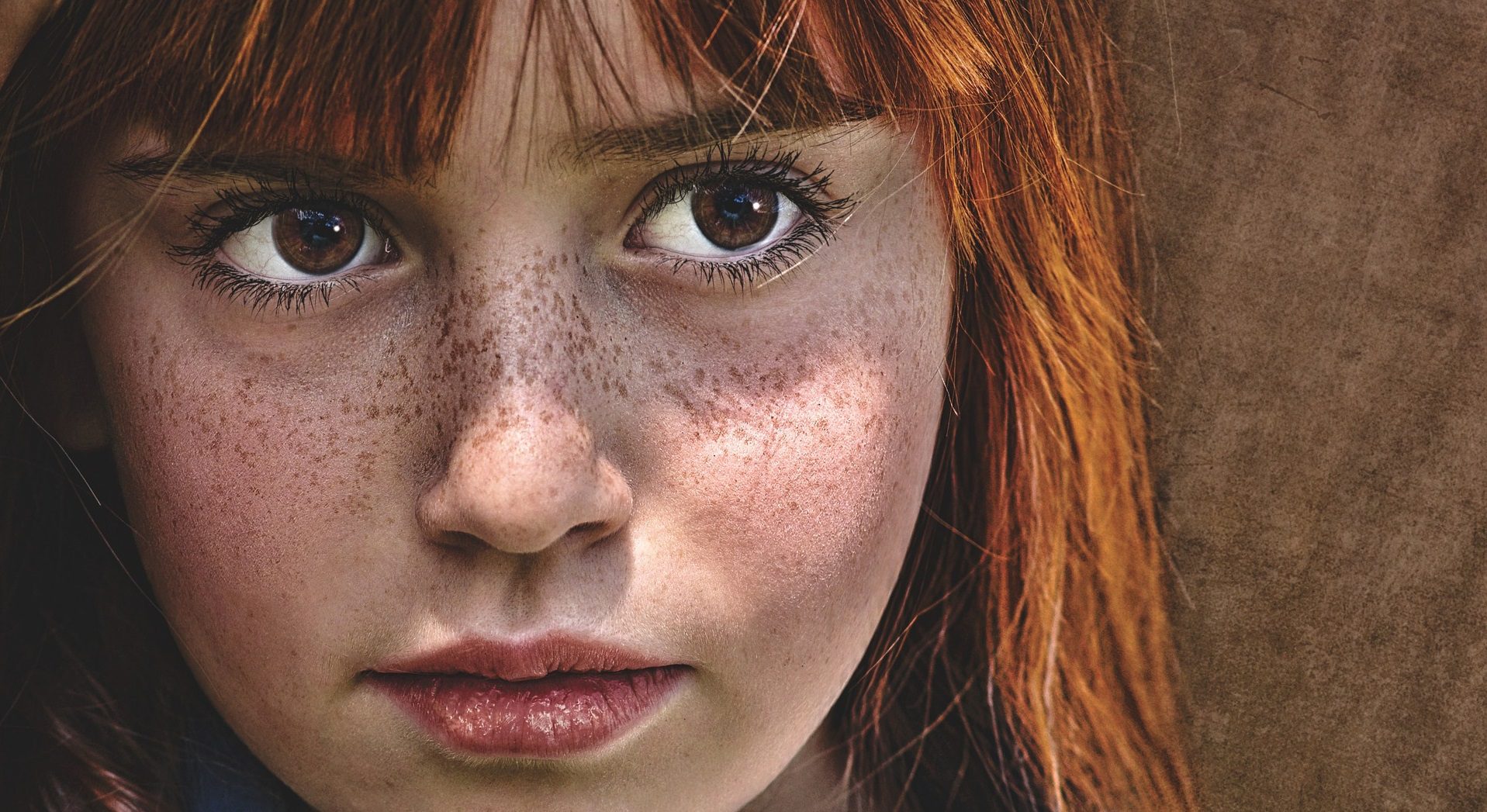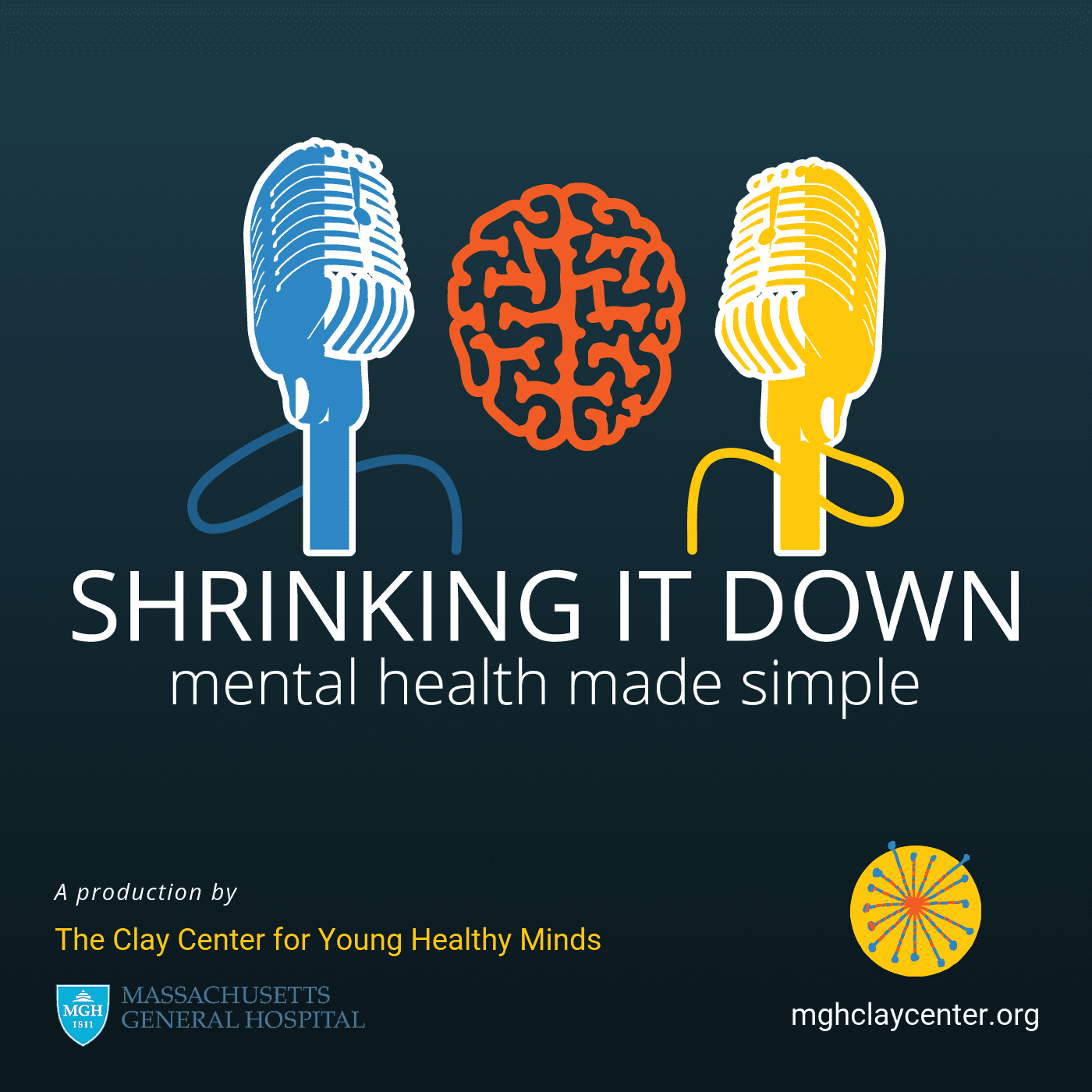Articles containing: relationships
AsperDad: Growing Up With a Parent on the Autism Spectrum (Maybe)

This blog post is part of a series entitled Real Lives, Real Stories.
The following person’s account of his/her personal experience has been published with her consent to support the mission of The Clay Center for Young Healthy Minds, and to let others in similar situations not feel so alone.
Is Your Teen an Emotional Sponge? – Shrinking It Down

Peers can be an excellent source of social support, and it’s great that more young people today talk to friends about their emotional challenges. But for every teen who shares, there’s another teen absorbing the info like an emotional sponge.
The Trauma Felt In Teen Breakups

Teen breakups. When you’re 17 years old, breaking up with someone really, really hurts.
Download our PDF on Teen Breakups.
Yes, that’s a cliché. So much so that almost every adult can think of a favorite popular culture reference to this particular kind of pain.
New Year’s Resolutions: How To Make Them Work

New Year’s resolutions…
Many of us have made them in the past, and I bet some folks have even followed through with them! But if we’re honest, most of us don’t follow through with the goals we set at the start of the year. One study found that less than half of those who made resolutions were still sticking them by June.
What Is a Personality Disorder?

I’ve always had a problem with the label “personality disorder,” and so have many of my patients. I think it’s because we typically associate “personality” with a “person,” so the term seems to suggest that there’s something wrong with the human being.
Cognitive Behavior Therapy (CBT): A Closer Look

Listen to our podcast episode on Cognitive Behavior Therapy, featuring Susan Sprich, PhD.
Jenny was a 15-year-old high school sophomore who had suffered from depression for six months. Her pediatrician referred her to a psychiatrist, who prescribed Prozac for her depressive symptoms.
What Is Family Therapy?

Family therapy emphasizes the idea that a child lives and grows in relationship to others, particularly in relationship to members of his or her own family. There are many different family therapy approaches.
Helping Kids Fit In At School

For a good part of third grade, I sat by myself in the school cafeteria during lunch.
I don’t exactly recall feeling lonely during those isolating moments with my peanut-butter-and-jelly sandwich, but I certainly feel sad as I look back today.
I just didn’t fit in—and that’s a truly awful feeling.
Intimacy and the Teenage Brain – Shrinking It Down

You can also subscribe to this podcast on iTunes, Spotify, Google Play, Stitcher, TuneIn, SoundCloud, and most podcast apps.
Intimacy.
New Year’s Evolution – Shrinking It Down

You can also subscribe to this podcast on iTunes, Spotify, Google Play, Stitcher, TuneIn, SoundCloud, and most podcast apps.



